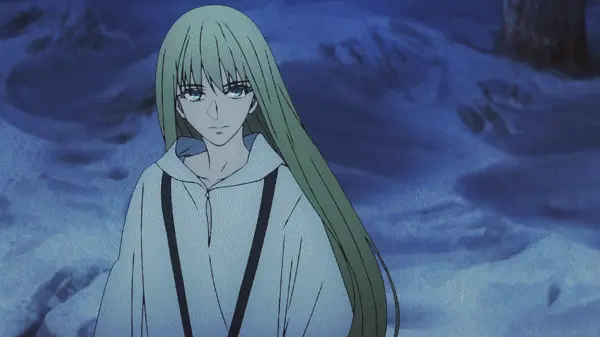I can see why some people didn’t get into The Green Knight but I love it. I also love The Canterbury Tales and of course A Knight’s Tale.
I donno if anyone else got this out of the film but I saw it as a portrayal of the other side of the Golden Rule that I feel that philosophies and society fail to acknowledge.
“Do unto others as you would have them do unto you”
Should you expect to be treated as you have done unto others?
The green scarf is defying that expectation.
I think the real lesson the film tries to teach is that the ends don’t necessarily justify the means. Gawain sees the successful but empty life that he would live by making every decision cynically, and decides that an honest, honorable life would be more fulfilling even if he doesn’t fulfill his every ambition.
The film emphasizes the leap or faith he’s taking by ending uncertainly, but in the original poem the Green Knight spares Gawain and rewards his honorable choice.
It’s a critique of masculinity, and it uses the knightly code as a way to explore the way that men enforce that code.
Gawain enters the fight against the green knight in order to build his name and get out from under the shadow of his father. Logically, he should strike the green knight non-fatally so that will be returned to him, but he knows that if he does that, the other knights will call him a coward. So he is pressured into entering this arrangement that he knows will kill him.
He’s then led around by a few female characters as represented by his mother’s green belt. He could accept the help of the women which will ensure he lives, but this would feminize him-- implying he cannot fulfill the role of his father.
The ending is critical because it calls into question what exactly honor is in this context. Yeah, he chooses not to live a life without “honor,” but he is not rewarded for it. He gets beheaded anyway because he was damned the moment he wanted to play the game.
In this case, I find it very important that the king outright told Gawain that it was all a game. He was pressured into playing it and following the rules. The movie is telling us that strict adherence to masculinity and patriarchy is self destructive.
Donno if King Lot makes an appearance but Sean Harris plays King Arthur, not Gawain’s father.
My mistake
Not too bad of one, Gawain is Arthur’s legal heir
he was damned the moment he wanted to play the game.
That’s why I’m hesitant to make the analogy to masculinity.
I get how you can make it but “not playing the game” isn’t something that you or I may do.
I also loath analogies in fiction, Tolkien was right.
I get how you can make it but “not playing the game” isn’t something that you or I may do.
I agree. I don’t think any of us have an honest choice in the matter because there’s a large level of coercion behind social expectations. I should have used a different word than “choose,” but I actually think your insight makes my reading stronger.
Even if he did “choose” not to play, the movie doesn’t present a positive outcome for doing this.
Also, I love Tolkien, but his writing is full of analogies lol.


